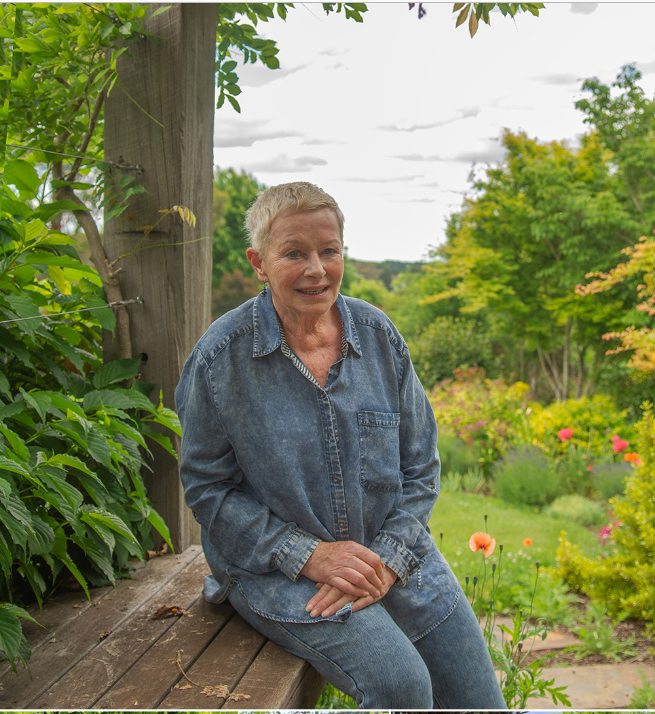July 22nd, 2022Gorse – research first
FOR many landholders controlling gorse is an uphill or lost battle, says Ron Cosgrave, chair of the Victorian Gorse Taskforce.
But it doesn’t have to be, he says.
“When you think about it, it’s not a hard weed to kill. Today you can find a wide range of gorse-appropriate herbicides on the market that will do the job well and if you have more money to spend you can even have it mechanically removed, which will leave you feeling like you never had a gorse problem to begin with, at least for a while.
“There are also huge benefits in bringing gorse under control, such as reducing the risk of fire, preventing devaluation of your property, and stopping feral animals from making your gorse their home.”
So why do landholders throw gorse into the too hard basket?
“We understand there are several barriers for landholders when it comes to controlling gorse, but we also know there is some misinformation out there too. We want to offer landholders fundamental information to increase their understanding and capacity on where and how to start controlling gorse. These key areas include planning, seed longevity and germination, control methods and follow-up.
“A good management plan can save you time and money. We encourage anyone battling gorse big or small to pull out their property map and start planning short and long-term goals. How do you know where to start though? It’s important to look at your infestation and consider where the risks are. Do you have gorse next to a fence line, an asset, bordering public land or roadsides? It’s also important to point out gorse has a high oil content and will burn under mild conditions, so if your gorse caught fire what is at risk?
“Let’s say you have a big gorse patch and some individual outliers on your property, you’re going to want to target the outliers first, they are likely to be smaller, easier to remove and you’ll be preventing it from becoming a bigger infestation. Then consider working on the perimeter of the large infestation, this will prevent further spreading and will keep it from producing more isolated patches. Planning will help outline the necessary steps needed to prevent the growth and spread of your infestation and stop it from jumping the fence to your clean neighbour’s property.”
Mr Cosgrave said it was also critical that follow-up was possible.
“There is no point spending big on primary control when you are unlikely to have time and money for the follow-up in the subsequent years, you’ll just make the problem worse. The aim of the game is to stop the gorse from seeding, so plan your gorse follow-up annually and treat the plants before they go to seed.”
Mr Cosgrave said the longevity of the gorse seed was 30 years plus. Which means when gorse ejects seeds it may stay dormant in the soil for decades.
“Understanding different types of control methods will also put you in a good position to appropriately consider which one is right for you. We’ve spoken to many landholders that engaged contractors to mulch their gorse down. It cost them thousands, but they forgot to ask the contractor what follow-up will be required in the future. When you mulch gorse, you just remove the above-ground plant, no herbicide is applied so the plant hasn’t been killed, the mulched plants will grow back, and you’ve exposed the area, so more seeds germinate. The takeaway here is do your research on methods of control you are interested in or being offered and ask questions about what to expect in the following years.”
Mr Cosgrave said the taskforce encouraged landholders to learn about gorse before trying to control it, to map out and plan control based on risks, high value and clean areas for protection.
“We can assure you that many gorse success stories started with a property map rolled out across the car bonnet or the kitchen table. Ensure you understand the control method you want to employ; and remember all methods will require follow- up to prevent seeding again.
“By making an effort to consider these key areas landholders can avoid wasting time, money and their patience. The taskforce website is a fantastic place to start building your knowledge base, it offers everything landholders need to know before they start.”
Link: www.vicgorsetaskforce.com.au










